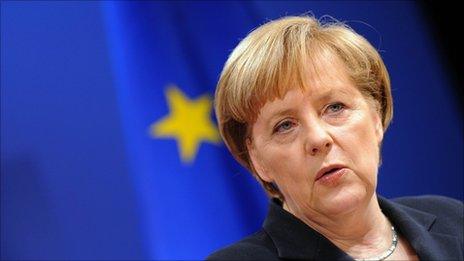How the IMF chooses a new leader
- Published
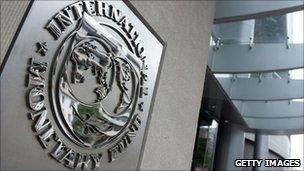
The power balance at the International Monetary Fund has not kept pace with economic changes
Even before Dominique Strauss-Kahn submitted his resignation from his prison cell, speculation about a successor was rife.
The selection of a new managing director of the International Monetary Fund (IMF) is a job for the agency's executive board.
There are 24 of them and they are representatives of the IMF's 187 member countries.
The big economies have their own seat on the board. That includes the US, China, Japan and the UK. Others are grouped into constituencies, so that one executive director represents a group of countries.
They will try to choose a new managing director by consensus. But if they cannot agree, they can make the choice by voting.
The votes they cast are weighted by the country's subscription to the IMF, known as its quota. That in turn is roughly related to the nation's share of the world economy.
But the weights are behind the times.
China and many other emerging economies are underrepresented. Western Europe gets more than its share of the votes.
Here are some examples: China's share of the global economy (using a measure known as purchasing power parity GDP) is 13.6%, but its share of the vote is 3.82%.
The UK and France each account for 2.9% of PPP GDP, but each has 4.3% of the vote.
The discrepancies are less marked if you use the main alternative to PPP, but they don't disappear.
United front
The European Union (EU) has a total share of the vote of about a third. So if they can unify behind a single candidate that is an important start.
This time they are backing one person, Christine Lagarde, the French Finance Minister. But Europe has not always been so disciplined.
In the 1980s, the European Community, as it was then called, tried and failed to unite with the result that developing countries had an important role in the choice between two candidates.
Admittedly, both were European, so it was not the kind of influence that emerging economies would like to have today.
If the EU can persuade the US to back their candidate, that would bring the total votes to nearly 50%.
The reason the US might be persuaded is the fact that the IMF's biggest current problem is the euro area - though some say that is a compelling reason for not having a European in charge.
There's another reason the US might like a European. When the IMF and the World Bank were created after the World War II, there was an understanding that a European would run the IMF and an American the World Bank. In addition, the US gets to choose the number two at the IMF. It's currently John Lipsky, who is running the shop during the interregnum.
Giving the top IMF job to a non-European would open up those other positions to non-American candidates.
Leaders of the G20 major developed and emerging economies have repeatedly said in summit communiques that the leadership of all the international financial institutions should be chosen in a way that is open, transparent and based on merit.
Openness and merit do not rule out a European, but they don't sit well with a presumption that Europe will supply the next IMF boss.
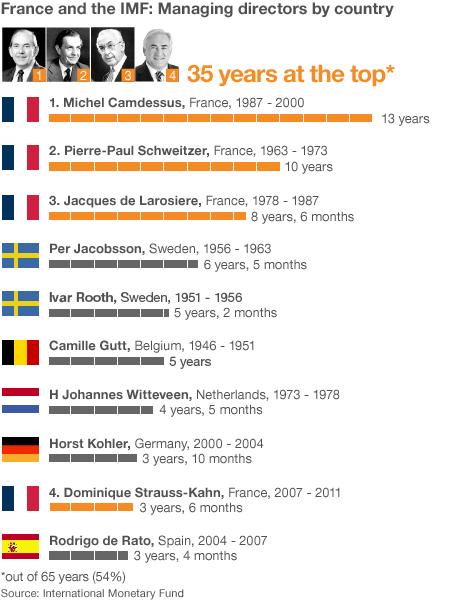
- Published19 May 2011
- Published19 December 2016
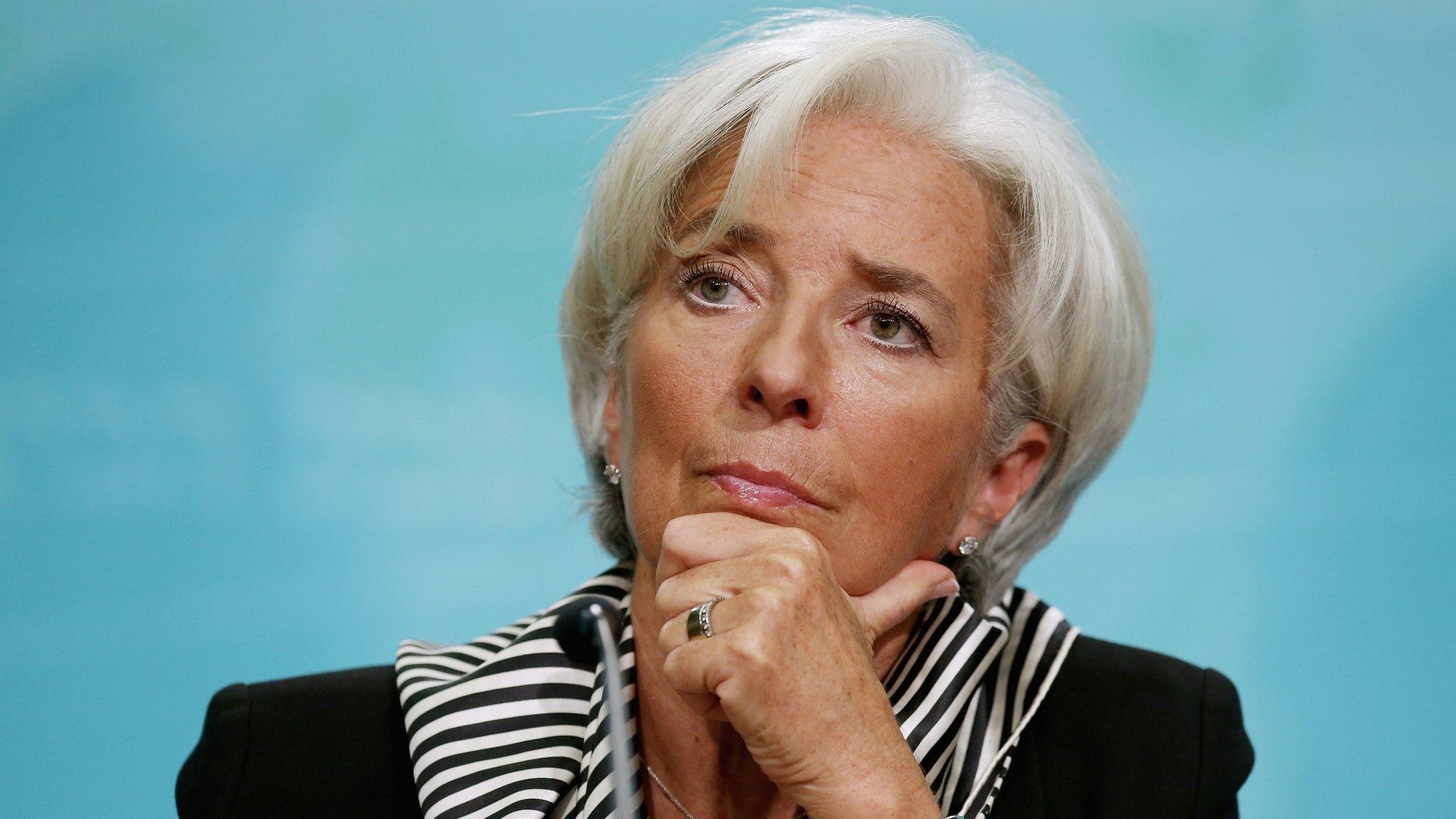
- Published20 May 2011
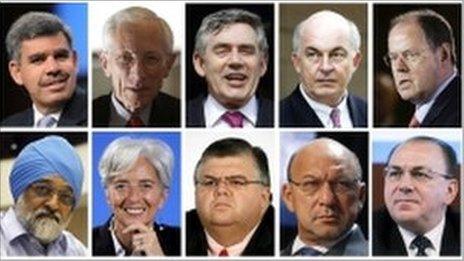
- Published19 May 2011
